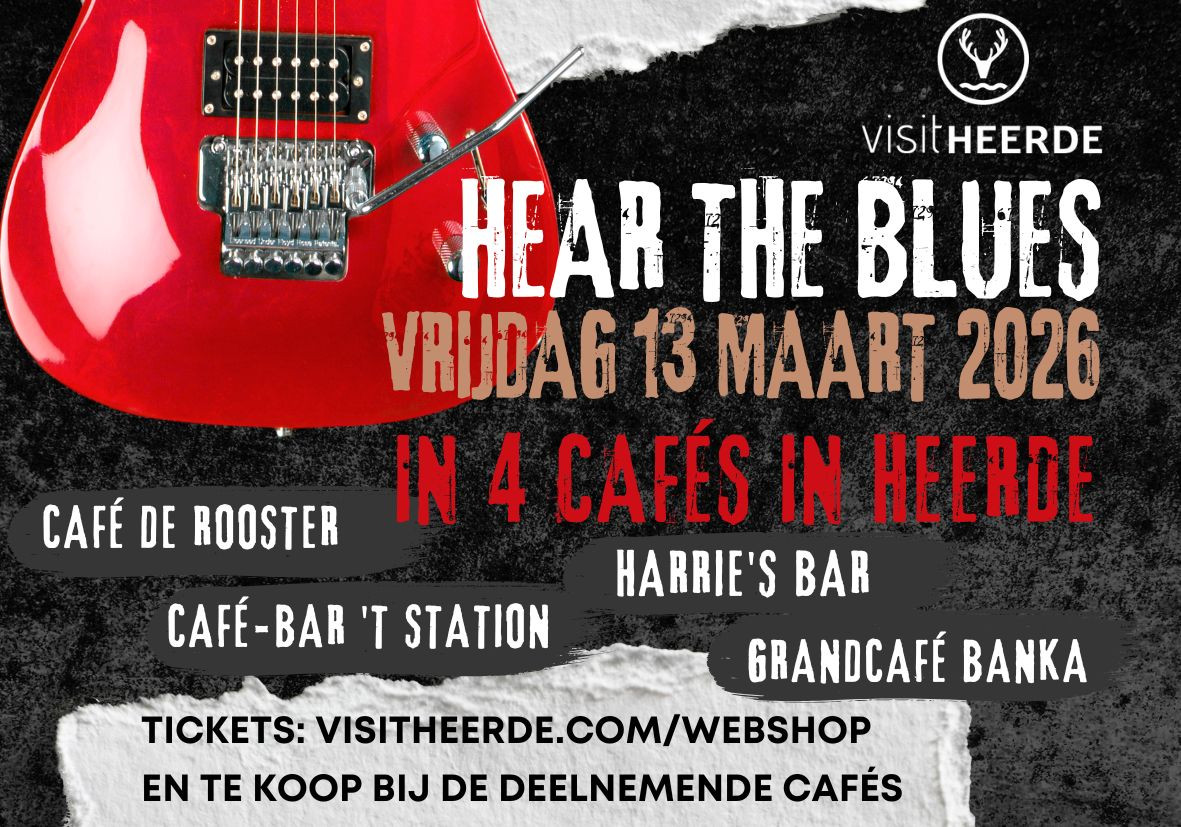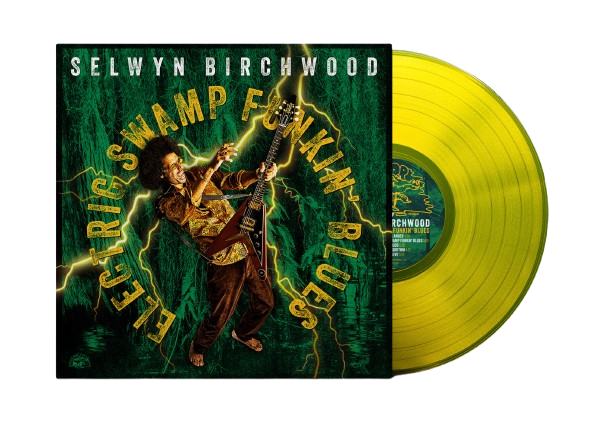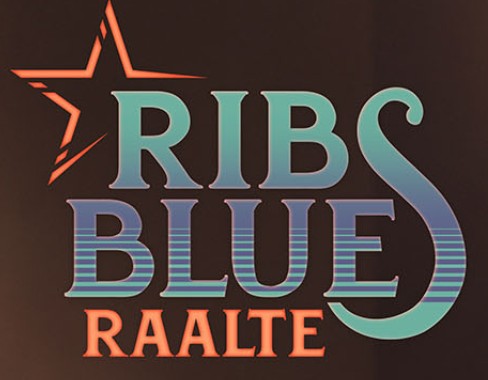MG: Congratulaons. I just finished listening to all 10 tracks of HIS-STORY. You’re really moving the music forward. Your intenon is clear. The Jimi connecon is strong. You got some great guys with you. I was lucky enough to see Jimi jam with Sly Stone at a small Greenwich Village club in 1969. I love what you did with “Manic Depression,” complete with Band Of Gypsies bassist Billy Cox. And what a rarity you pulling out Jimi’s “Remember”!
GS: It was only released in Europe originally, and posthumously in the States. Jimi wanted to redo that song with Billy Cox but his unmely death stopped that from happening. Billy suggested we do that one. The word through the grapevine is that it’s been collecng dust in the vault.
MG: I can’t imagine how Billy must’ve felt when Jimi passes so unexpectedly considering the musical plans they had together.
GS: It sll gets to him to this day. You could hear it when he speaks about Jimi. It goes beyond missing his good friend. Billy was truly devastated. It was so abrupt. Don’t forget how close they were. They were in the Army together. They were friends when Jimi was with Mitch Mitchell and Noel Redding in the Experience. They were best friends when he and Jimi were with drummer Buddy Miles in The Band Of Gypsies. You don’t talk to Billy nowadays about that subject. I asked him once and that was it.
MG: God knows what they could’ve done together had Jimi lived. The song itself is a surprisingly sweet melodic upbeat tune. You said when you first heard it, the original guitar solo by Jimi “was so underplayed, I could hardly make it out.”
GS: That’s correct. There was a solo secon where you could profoundly hear the beginning but you had to strain to hear exactly what he was doing at the tail end of it. It was just so hard to hear. I don’t know if it was a mixing thing or not. I’m prety sure he was playing something that he had clean in his mind at the me but it was just so buried in the mix. Not that I had to make up my own solo, but I had to really concentrate to hear what he was trying to do. So I put my own personal spin on that.
MG: Billy Cox has been already quoted as saying that Jimi would’ve loved what you did with it. How’d you get to hook up with him?
GS: Through our managers. I had this crazy idea about recording a cover of “Manic Depression.” I mean, that song just fit the album so well in terms not only musically but on topic and what I was trying to talk about lyrically. So my manager reached out to his manager and Billy reached back out to us. We went to Nashville from my home base of Philadelphia, met up with him, and found he was such a cool guy. We met his family and friends too. We wound up doing a video together.
MG: You really made “Manic Depression” come alive. That’s a song ripe for interpretaon, especially today.
GS: That’s a lot of heart right there in that parcular song. I didn’t want to just show the listener that I could play Jimi Hendrix. I wanted to show how I could listen to Jimi Hendrix to come up with something both on course as well as adding modern flair. Pay atenon to the tradion. Not rearrange. Not making it obscure, but adding a modern twist to what Jimi brought to the table to make me love that song in the first place. There’s some true chaos going on in that song.
MG: It's almost as if Jimi’s ghost is a spectral presence hovering over these 10 tracks, not just the two covers with Cox. Your lyrics for “Freedom Part #2” delve into the Black experience of trying to live peacefully in America. Jimi wrote and recorded the original “Freedom” as a credo of personal liberaon with Cox and drummer Mitch Mitchell just months before he died in London September 18, 1970. It was released posthumously as the opening track on The Cry Of Love, March 5, 1971.
GS: Along with that experience, it’s the whole “fight for freedom” aspect. I’ve observed that whenever somebody does something in the name of freedom, they’re either ridiculed or cancelled out. The song is about our freedoms, the protests, the necessary reacon to things, like how football player Colin Kaepernick—whether you agree with him or not—had the freedom to take a knee during the Naonal Anthem in protest at how Blacks are treated in this country. He was ridiculed for that. There’s been other instances as well. I was atacking a society that rails against such personal values when I wrote “is freedom mine? Is freedom free? Because look at the pain freedom’s cosng me!” I mean, think about it, if every me we make an act of freedom like Colin Kaepernick did at the expense of his career, you’re put down or made fun of. You’re ridiculed. You’re cancelled and not existent anymore. That knee one player took kinda started everything. He made a major sacrifice for what he believed.
MG: That’s the mark of a great piece of music, that you can expound upon important themes, yet make it sound so damn good that it’s le to the listener as to whether they want to go deep to truly understand or just wanna groove at the impeccable playing on a more surface level. Both are valid.
Similarly, “Dark House” is so damn mysterious and dramac, no wonder you made it the opening track! It sets the scene, so to speak, for the rest of the record.
GS: Yeah, that’s why it’s the opener. I have a core audience now. I wanted to give them a litle something different. I’ve been in a blues-rock bag for so long, it was me. “Dark House” is a true story. My mom had passed away. I had to take care of the house. There were mes I just had to leave and stay with a friend overnight but I’d always have to return to that dark house. The lights were out. It had no power. My aunt—living there at the me—would light candles. I’m Haian, and I used a Haian vernacular that most people won’t understand but it means “you can’t hide.”
MG: It's very cinemac.
GS: Thank you for that. Plus I thought it sounded cool. It’s like you said. Most will dig the vibe without knowing the meaning but that’s cool too.
MG: That duality of just good rockin’ music or music-with-message is up to the listener. You got it goin’ on both ways. “Temptaon” has a Stevie Ray Vaughan Texas blues vibe to it.
GS: I’m a huge Stevie Ray fan. I remember learning blues guitar from a good friend of mine in Philadelphia who used to tell me, “don’t play too much of that SRV stuff.” To me, I sll think you get a splash of Philly in it but it does give out that reminder as far as pure sound of what its roots are.
MG: Stevie Ray loved Jimi. Covered him up amongst the best of anybody. Over and above Billy Cox, you got some real heavyweights in your band: David Uosikkinen, the drummer of The Hooters, and bassist Kenny Aaronson who’s played with everyone from Bob Dylan, Rick Derringer and Billy Idol to Joan Jet and Hall & Oates.
GS: We’ve played only a few shows together but boy do they fit! I was introduced to Dave and Kenny and we kinda just hit it off. We’re cut from the same musical cloth. That rock’n’roll/classic rock/blues cloth. So we dug each other immediately from that end of things. They’re such a pleasure to play with. Love those guys. That Kenny—beyond who he’s played with—is one bad-ass player. Oh my goodness! The guy can play! He can really shred on that bass. I asked him about playing with Dylan and he just said Dylan stays to himself and doesn’t interact much offstage with the guys in his band.
MG: I heard you don’t speak to him unless he speaks to you first. And you’re told beforehand to avoid eye contact.
GS: Kenny told me he keeps to himself. A lot of arsts, once they reach a certain level, are like that. Not sure, though, if there’s any arst who has reached Bob’s parcular level. He’s above an icon. I don’t know what the designaon would be for someone like him.
MG: You’ve played guitar in so many bands. Tell me about playing guitar in boxer Joe Frazier’s band. That’s a real Philly thing!
GS: Unfortunately, it was all in rehearsal. Before we had our first gig, he had to go to the hospital. And he passed away shortly thereaer. I won my audion and was really psyched. It’s a shame. I was ready to go, man. I mean, he seemed fine. I was talking to him and he had this really young girlfriend at his side. Next thing I hear, he’s really sick. And he didn’t make it. I only got to rehearse with him once aer the audion.
MG: Where was that picture taken of you and your red Strat on the cover of HIS-STORY?
GS: Nashville in front of an HBCU [Historically Black College or University]. On Jefferson Street, just a few doors down, there was a “Batle of the Guitars” that Jimi was in and lost because of equipment failure. I don’t even think he was Jimi Hendrix yet. He probably was sll Jimmy James at the me. The guy who won just happened to have a beter amp. So he won by default. A lot of great musicians passed by that street. It’s a historic locaon.
MG: So HIS-STORY is coming out on your own label, Grounded Soul.
GS: Yes, my manager and I own the label. He’s my partner in this project. We’re trying to make it into a real label, not just an avenue for myself. I mean, I do want to get established a litle more with my own record but we hope to sign other arsts at some point. I like the concept of keeping the legacy going, and helping a whole lot of arsts on the way up. Help them not to make some of the mistakes I’ve made. Give them the kind of opportunies I didn’t have.
MG: I understand you co-produced HIS-STORY as well. Tell us of the creave process.
GS: Jim Salamone, who’s worked with Sigma Sound, is a good friend. He’s a real serious cat. As far as the process goes, I’ll write the songs, record the demo versions with my guitar and a drum-beat sample before taking it into Cambridge Studios in south Philly to get the band behind it with Dave on drums and Kenny on bass. I’ll redo my guitar and vocals, and we’d produce and arrange. We’d add what we have to add, and redo the solos unl they’re just right. I’m very proud of this album.
MG: It’s your fourth.
GS: I’m proud of Songs of a Renegade in 2016, Jubilee in 2018 and Parade in 2020. But HIS-STORY shows the growth. I was kinda sll figuring things out on the first two. Parade shows some understanding of the process, at least to me, although I was a litle short, it having only seven tracks. So now, with me knowing what I know, especially as I wrote it, I feel I finally put it all together. It’s a litle more polished but sll shows the innocence I want in my music. The raw aspect. You never want to get too polished. I feel like I definitely know what I’m doing now. I’m 38, and feel young enough to put what I’ve learned into pracce. I feel no different from when I was 17. It’s all about how you feel. I’ll be 70 and sll feel like this. Age is not real. Time is not real. It’s all an illusion.







.png)
Geen opmerkingen:
Een reactie posten